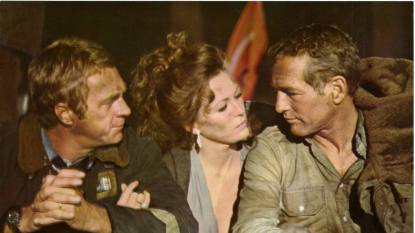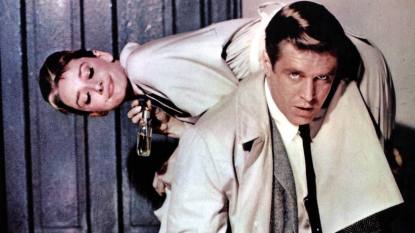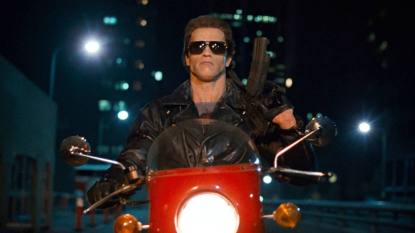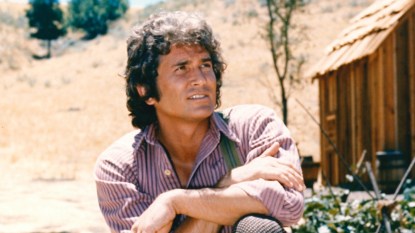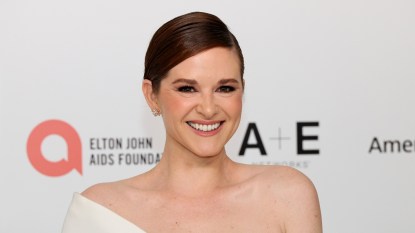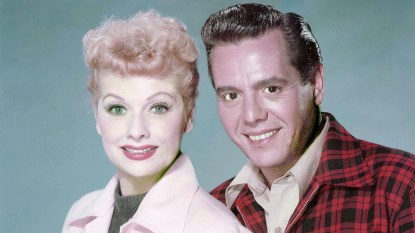Jacqueline Bisset Looks Back On The Early Years of Her Six-Decade Career
In this revealing Q&A the actress recalls working with some of Hollywood's biggest stars!
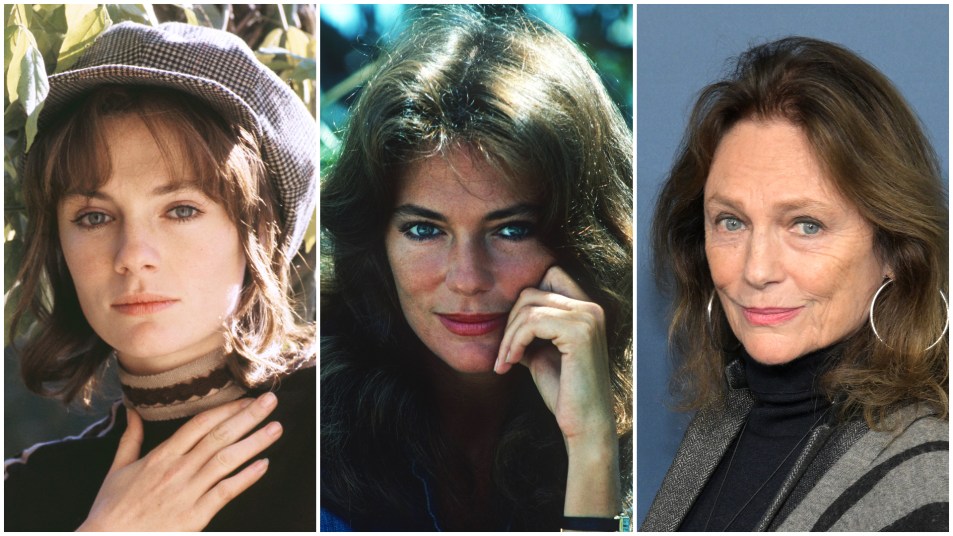
Over the course of nearly 60 years, and with a combination of intelligence, vulnerability and sexiness, British actress Jacqueline Bisset has been entertaining audiences between their first glimpse of her in 1965’s The Knack … and How to Get It all the way through 2023’s Last Dollar.
Born Winifred Jacqueline Fraser Bisset on September 13, 1944 in Weybridge, Surrey, England, she’s had an incredible career that has seen her co-starring on screen with everyone from Steve McQueen (Bullitt) to Frank Sinatra (The Detective), Dean Martin (Airport), Paul Newman (The Life and Times of Judge Roy Bean), Sean Connery (Murder on the Orient Express) and Candice Bergen (Rich and Famous), the list going on from there.
Jacqueline Bisset has been seen in 70 movies throughout her career, 22 TV movies and in recurring roles on the television series Ally McBeal (2001 to 2002), Nip/Tuck (2006), Rizzoli & Isles (2011 to 2012) and Dancing on the Edge (2013).
Obviously fans know where she’s been, but how did she get her start? What led her from a childhood in the UK filled more with reading than going to the movies, to briefly becoming a model and then an actress who has sustained a six-decade career?
In the following Q&A, the answers of which have been culled from a variety of sources, Jacqueline Bisset reflects on the journey that took her from there to here, in her own words.
Unless otherwise noted, all quotes come from a live event at the 2022 Sarasota Film Festival
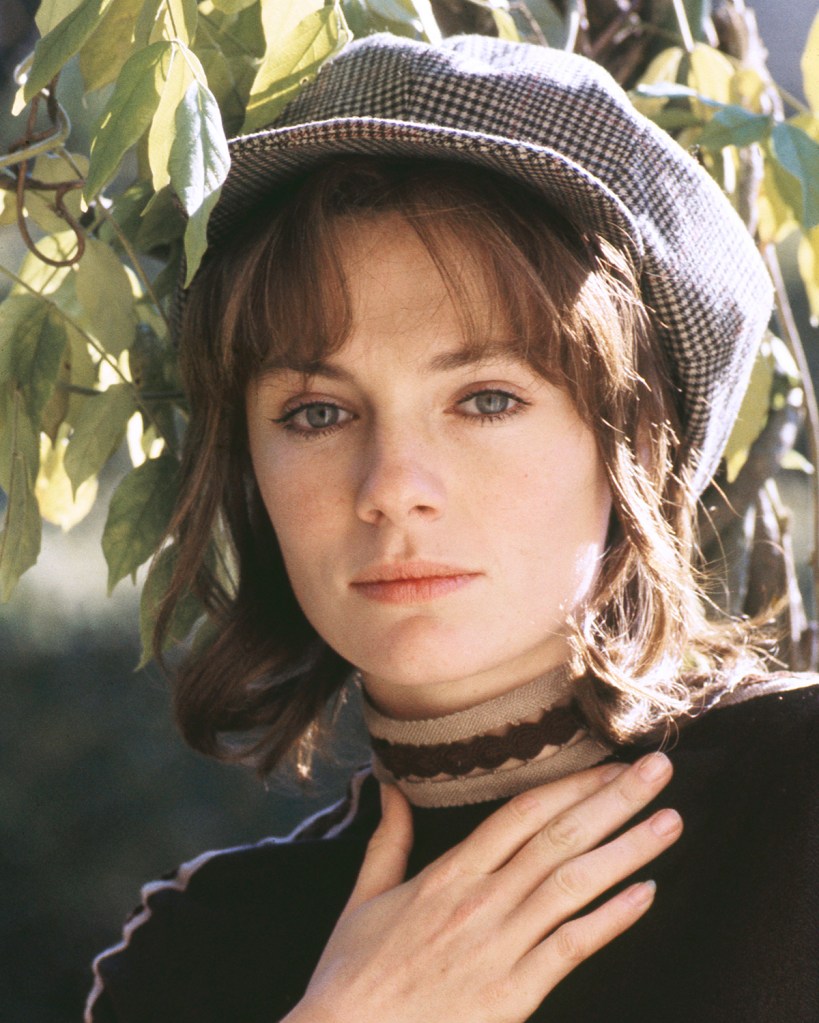
WOMANS WORLD (WW): Growing up in England, what were the first films you saw?
JACQUELINE BISSET: Well, I didn’t see films. My parents were into reading me books; films were basically non-existent. I think I saw three films in my youth; we were allowed one-and-a-half hours of radio a day. My brother and I listened to Journey Into Space, which was really exciting, but it was books — The Garden and the Animals and things like that.
We lived in a very quaint house; a 400-year-old thatched cottage, very small, very tiny, but it was very full of books. My father was a doctor and my mother had been a big reader, so there was very little space. It was rather uncomfortable, but very nice in the summer, because we could be outside. My education was pretty good — I didn’t know why we had so many books, but I think, looking back, that aspect is really good that you read. And I wasn’t forced into anything.
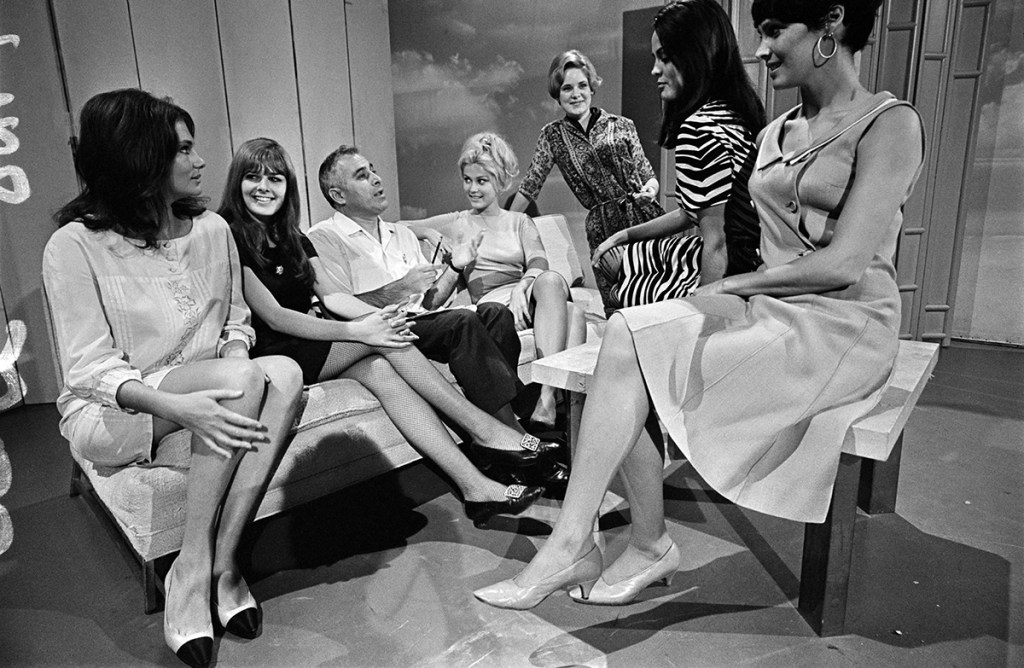
WW: How would you describe your childhood?
JACQUELINE BISSET: I was a bit of a loner, I suppose. I read a lot. I was never any good in the school theatrical productions. I always got a role like the March Hare. A Latin teacher told me I might make a good actress and that stuck in my memory.
I went off to London and did some modeling and Roman Polanski gave me a small part in Cul-de-Sac [1966]. I went to America and that’s where I had a chance to learn how to act, how to behave around a sound stage. At first I was always cast as the girlfriend. It was a long time before I got to play characters who were people. (St. Louis Post-Dispatch, 1982).
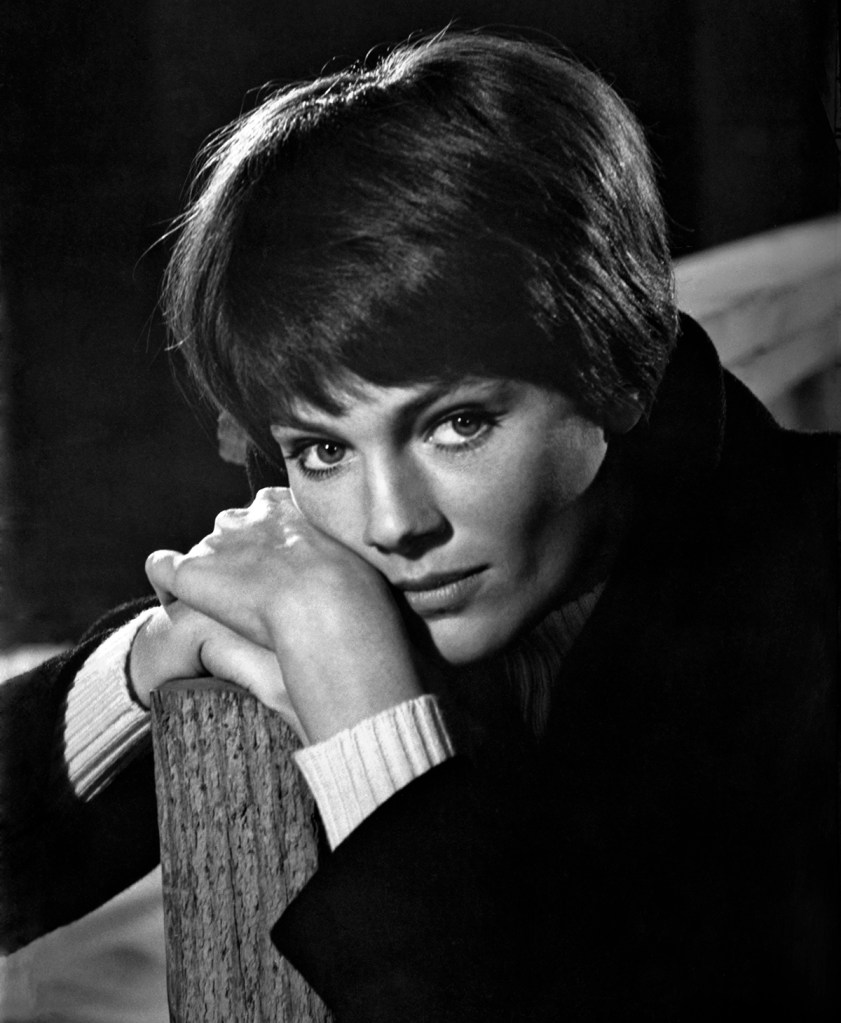
But my childhood was very average. I think I was a very ordinary girl. On Thursday, my father’s day off, my parents would go and see foreign films at this little cinema. It was really the only day my mother would sort of dress up a little bit, put high heels on and go. I loved the idea of them going to the cinema together.
At some point my mother said, “Would you like to come see a French film?” I said, “Yes,” and from that point I started to see European cinema and I just said, “Oh my God, what is this? What are these mysterious womeh and handsome men? What is this world?”
I mean, completely out of my scope. And up until then I’d seen Snow White, The Mounting of Everest, a couple of ballet films and that was about it. So I was really uneducated in everything. I used to think, “I don’t know what that job is, but I’d be really embarrassed that I’m actually thinking that’s something that might interest me.”
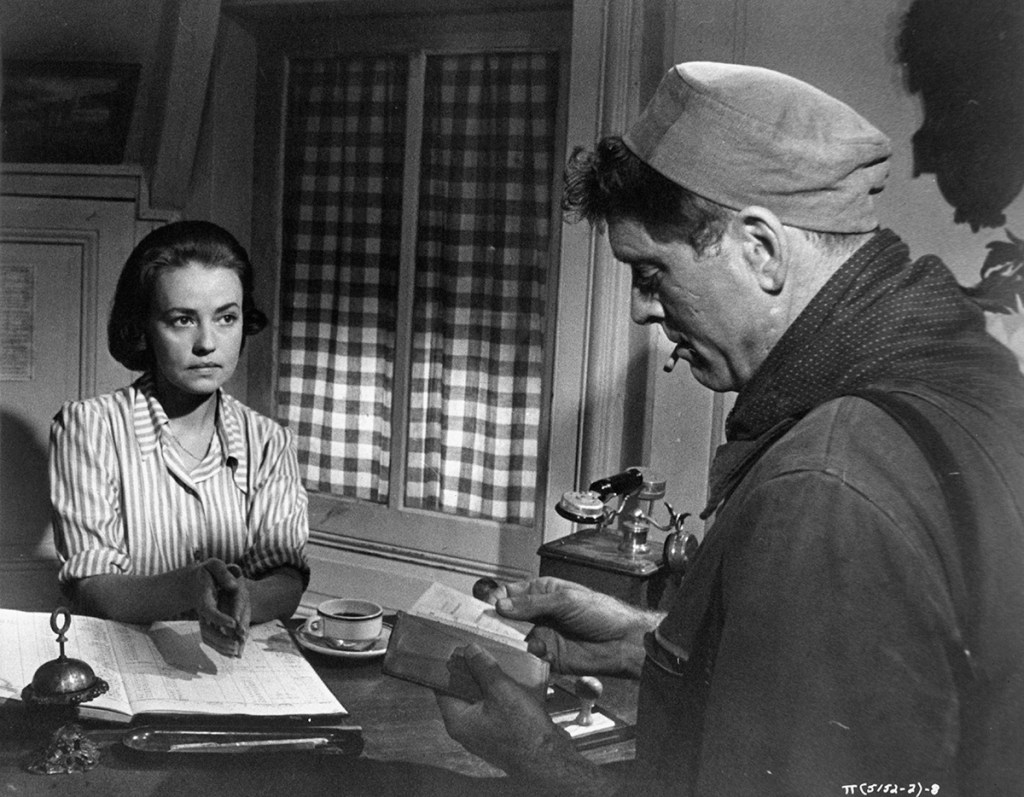
I didn’t even dare to think of it; it was so far away. I didn’t know a single acting family or anybody and I didn’t have any access to it. My parents were not even thinking along those lines, but it kind of stuck in my head. I was admiring actress Jeanne Moreau; what I liked about her is that she wasn’t super pretty, but there was something deep in her and slightly subversive in a way. I saw her play a pyromaniac, I sometimes saw her play slightly crusty women, but also very seductive women and just things I hadn’t seen before and I didn’t know existed.
I wanted to discover the mystery of Jeanne Moreau and when I saw La Strada with Anthony Quinn, he was so handsome and so manly. I never in a million years could have thought I would actually have scenes with him and that he would kiss me. It’s just absolutely mind-boggling. And then I tried to kick him in the film; it’s one of my favorite films of my life, that scene where I attack him. That was The Greek Tycoon.
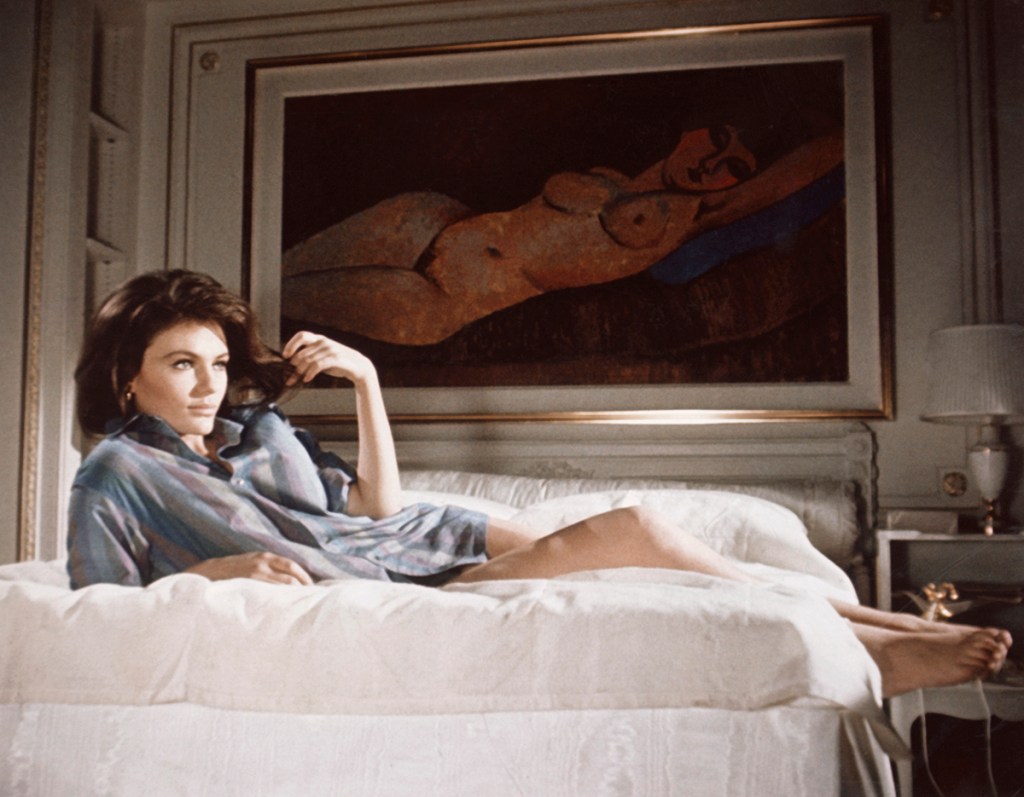
WW: To go backwards for a moment, how did your time modeling go?
JACQUELINE BISSET: First of all, I tried to be a model. I did a few little tiny job, but I can’t say I was a model. I tried for six months; I took photos with photographers and they tried to find jobs for me, but I had no intention of staying. I was hoping to earn money to go to acting school, but the truth is, I wasn’t suitable to be a model.
I wasn’t thin enough, my hair was curly and it was the fashion time to be straight. It was a nightmare for me, a truly traumatic experience. And all I was thinking is if one is an actress, does one have to go through this fussing around with one’s hair all the time?
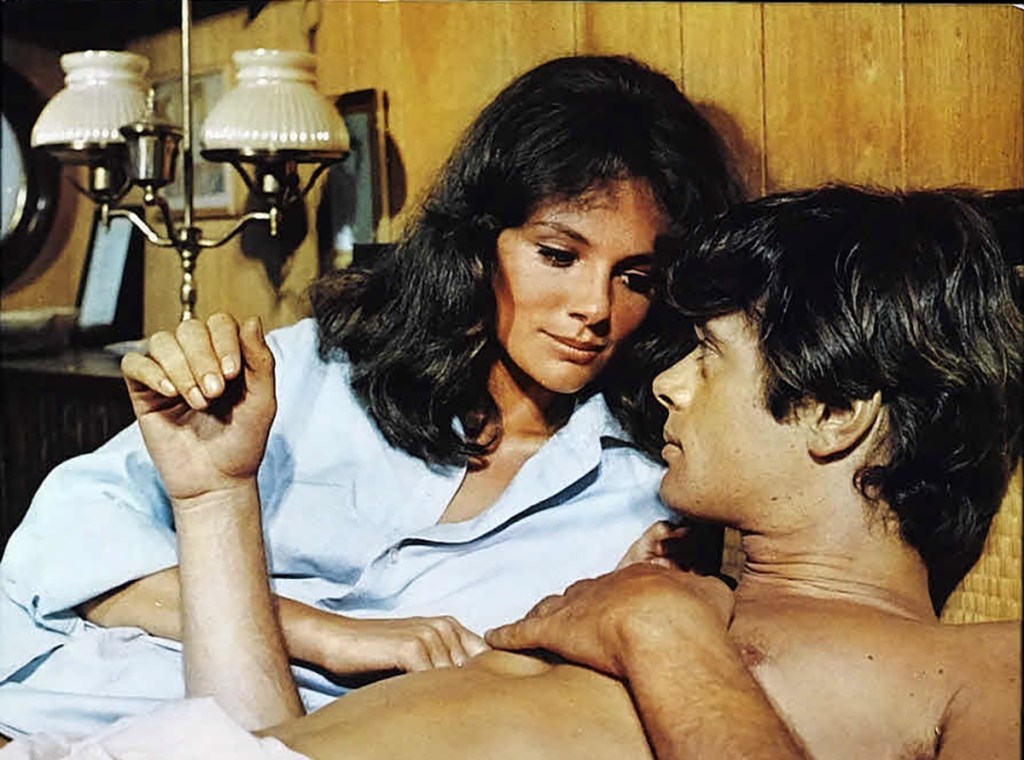
And of course, to some degree you do. So I never settled into being a model. Some of these modeling women are so brilliant at their transformations, this chameleon life they have, which people don’t realize about. I did learn a lot about photography, and lighting, which has served me very well. And frustrated me, too, because when I went into movies, sometimes I felt that the cinematographers were not really as good as some of the photographers, but it’s a different way of working. (Locarno Film Festival, 2013)
WW: Did you go to acting school?
JACQUELINE BISSET: A little bit. In London I tried to work with a woman teacher, who I didn’t care for at all. I felt pretentious and didn’t like it. And when I went to Hollywood shortly after that, there was a school called The New Talent Program and they asked me if I wanted to join it for a few weeks. I did and really enjoyed it.
We had a teacher called Kurt Conway, who was good, but I didn’t like the attitude of what we were being prepared for. We had a lady called Pamela Denova and she said, “You are being groomed for stardom.” And I said, “Couldn’t we just start learning to act first before we get to that?”
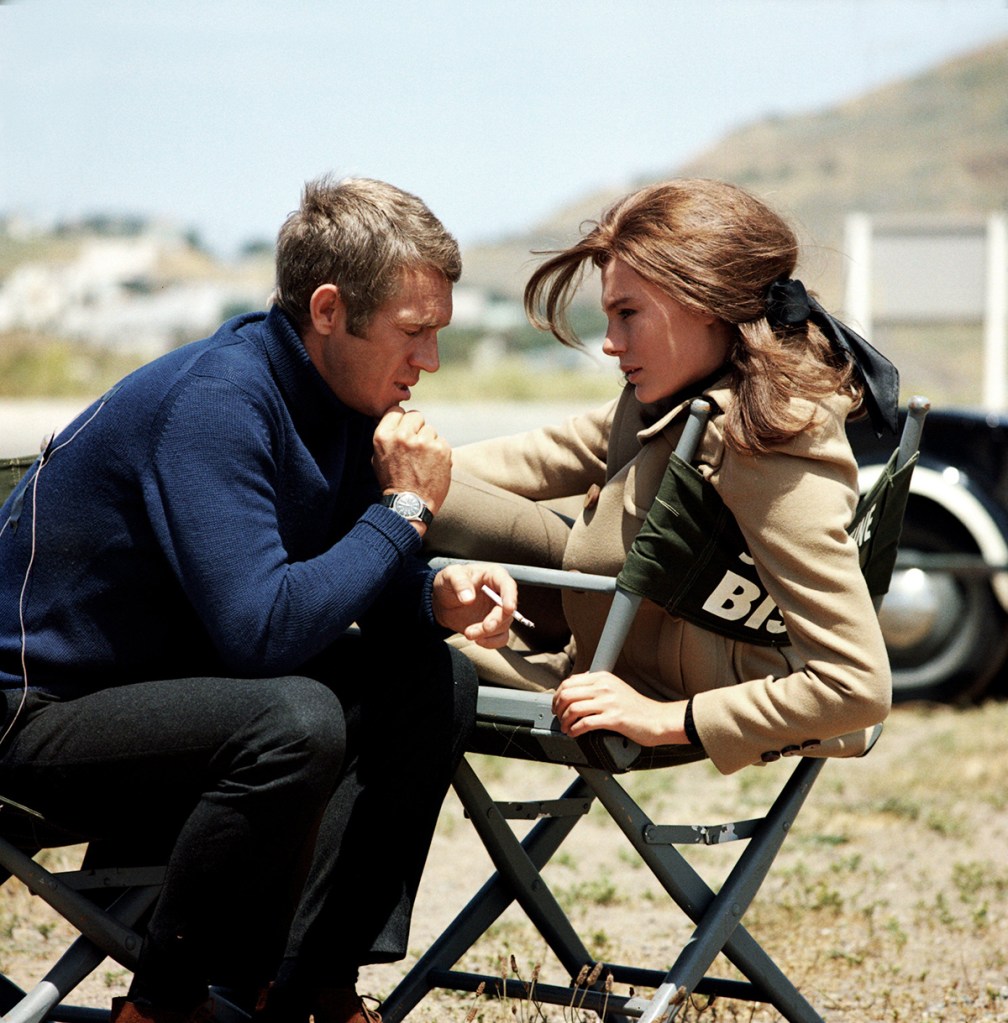
WW: Overall, did you feel more confident as you were entering the acting world?
JACQUELINE BISSET: I felt very much heading towards my right place. In fact, when I went towards acting, I felt like a whole human being. I didn’t feel frivolous or superficial myself, and I didn’t consider modeling as being part of my little journey into whatever I was doing.
So, later when I read, “Oh, she was cast because of her looks and her beauty,” I thought, “What beauty?” I wasn’t looking at myself as a beauty. I could, through the process of doing hair and makeup, reach a certain look that they wanted, but it didn’t really ever have conviction from my own heart.
I was quite complex and shy, and I was not behaving like a beautiful woman. I always thought I had other qualities than my exterior look. The exterior look never pleased me; I never looked the way I wanted to look. I wanted a different type of look.
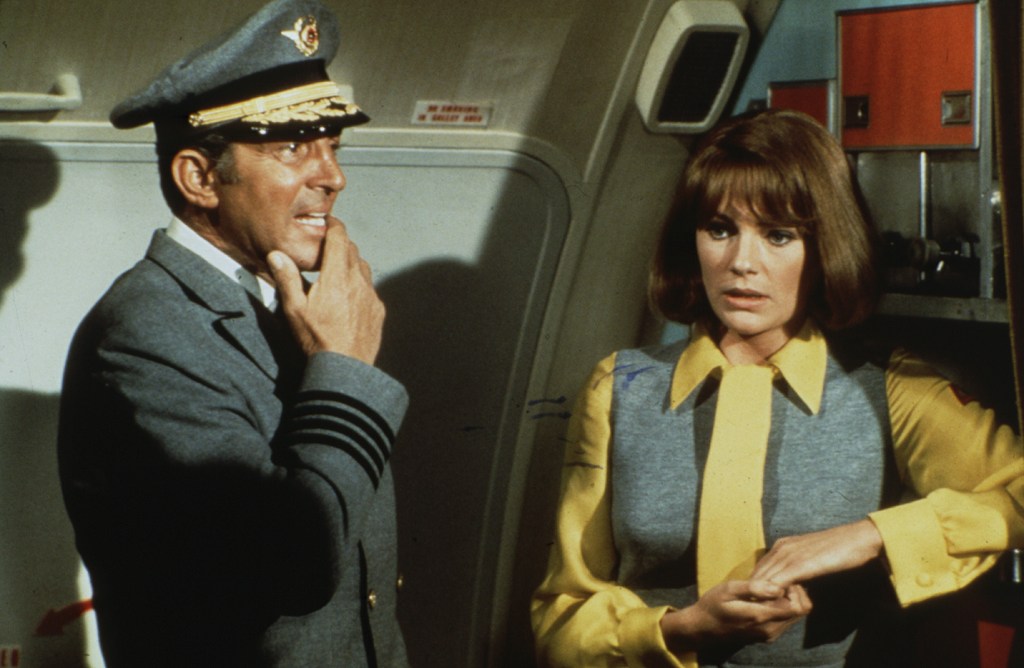
So there was actually a lot of dissatisfaction, a lack of peace in my heart, yet I knew that we had to get that exterior stuff on film. We had to get it right relative to the observation of other people. It was a lot of conflict, although I do think it’s an advantage to get in the door on some level. I felt like a woman going into business: you have to fight twice as hard … not fight.
You have to persist. You have to not give up. You have to be whole and stand your ground and, as a human being, eventually people slowly get to know you and they could maybe build some respect, but I didn’t feel disrespected. (Locarno Film Festival, 2013)
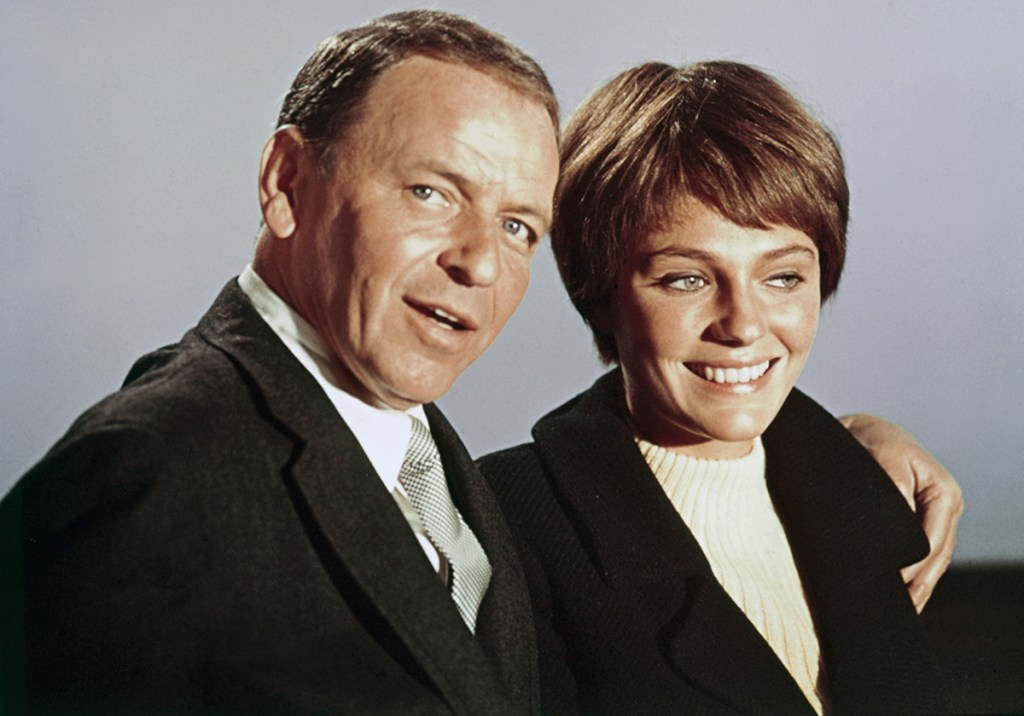
WW: There was a point where you said that you kind of owed your career to Mia Farrow. What was that about?
JACQUELINE BISSET: I was living in Hollywood with my boyfriend at the beach and had a deal for a film with 20th Century Fox. I was preparing to go to Paris for a meeting on a film and the studio said, “We want you to come in, in the morning.”
So in I went in and they said, “We’re thinking of putting you in this movie with Frank Sinatra.” I said, “Frank Sinatra? My. God, he was like a hero of my father’s life.” They said that he and Mia Farrow were going through a breakup and I was going to replace her.
I said, “I’m going to Paris tomorrow” and they said, “No, you’re not going to Paris. You’re going to makeup.” And then my life sort of changed. They said, “Everything has to be perfect. We want you to have short hair so you look a little bit like Mia’s character.” And it started this whole movie press thing. I had never had a press agent or anything; I was just living this sort of hippie-ish life in L.A.
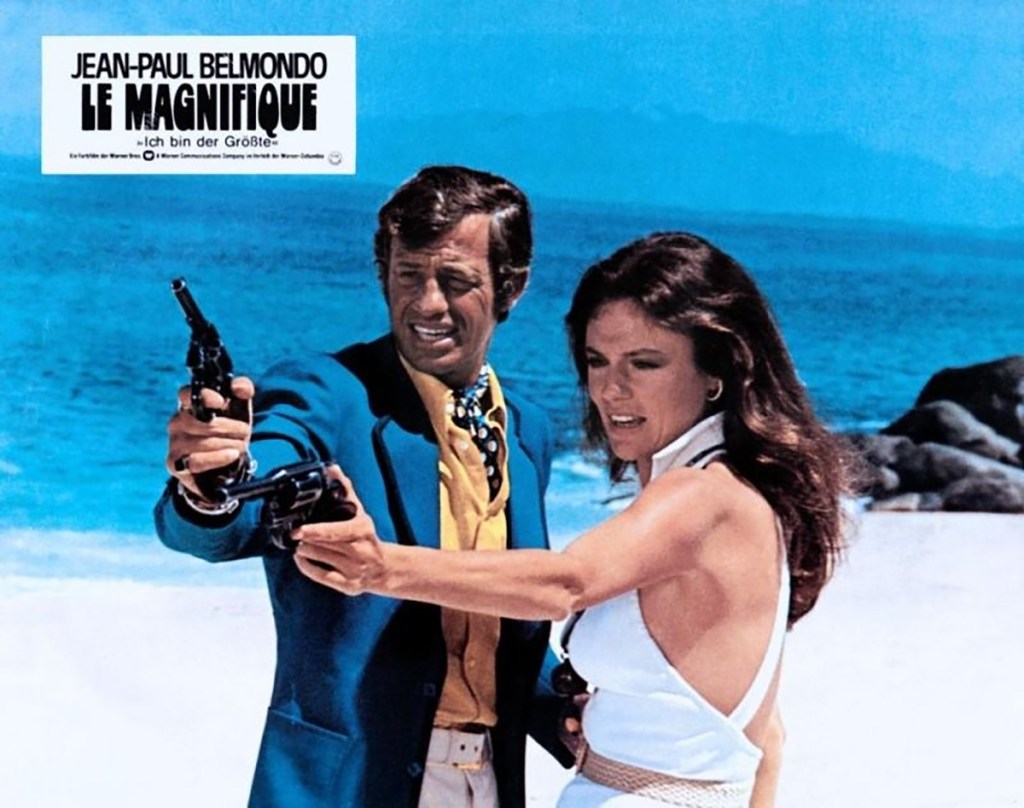
It really became quite feral. I was being called all the time and told to do interviews and I just said, “Is this what it’s like to be a successful actor?” I was thrilled to be doing this thing, but I never knew how I’d go from zero to Frank Sinatra without even testing for it.
So life can really hit you between the eyes. Then I went to England and the press picked up on it and I became the girl who replaced Mia Farrow, and then they started gossiping about me potentially being in his life and all that Hollywood stuff, which was not true at all. But he actually treated me very well and was very protective of me.
He called me the kid and told the writer to get off my back at one point, because he was being mean to me. He said, “She has good instincts, leave her alone.” And that was a massive thing, someone believing in me.
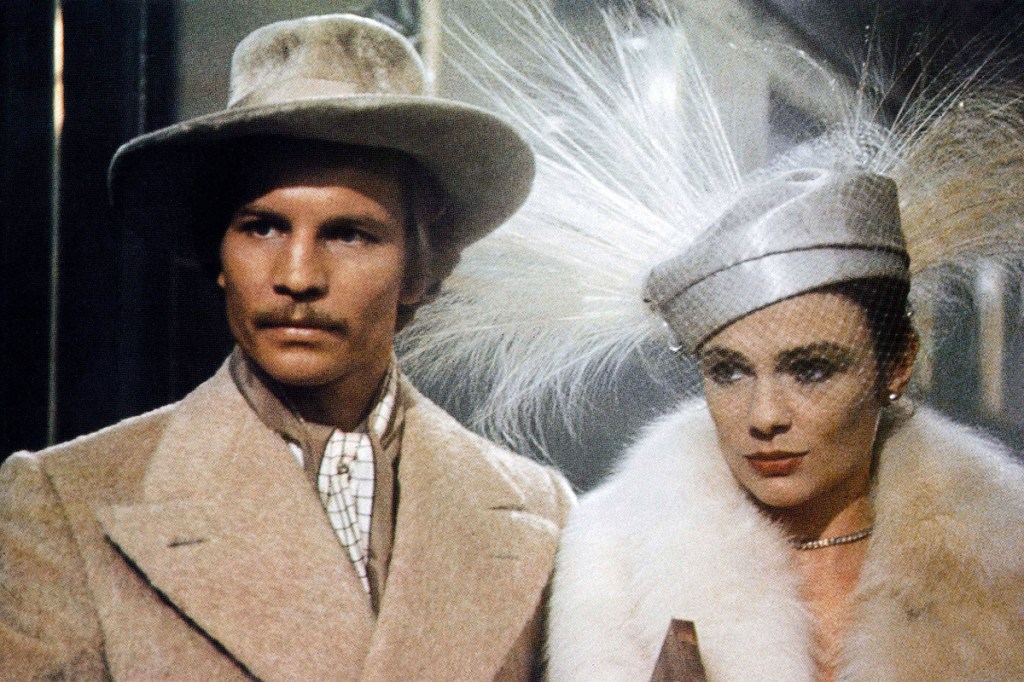
WW: Was he right about your instinct?
JACQUELINE BISSET: We have our script and the story, always. We have our ideas about characters, but your instinct as in life is terribly important. And it takes time. It took me a hell of a long time to believe in my own instincts in real life and as an actor.
I used to think that if anybody was a few years older than me, that they obviously knew much more than I did. I would watch people and think, “Gosh, I wouldn’t have done it that way,” but I didn’t rock the boat. I knew that I was there by the grace of God and I wasn’t going to be a pain in the neck. And I wasn’t going to behave like a star. I just kept quiet and watched how people behaved.
WW: You did work with a lot of big stars, which must have been interesting.
JACQUELINE BISSET: It was. And what I did was I stayed quiet, I watched and was very professional. Even when I was very young. It was just part of my English discipline. I didn’t complain, i didn’t expect anything and that’s a big thing when you’re a young actor; you must not expect anything, because you’re an actor.
Took me a long time to understand this, but when you start to get bigger parts and they give you a chair with your name on it, you go, “Oh, I’ve got a chair. I’m on the set at Columbia,” or whatever, and I used to think, “Ms. Vain.” And then they say, “We are picking you up in the morning.” “You’re picking me up?”
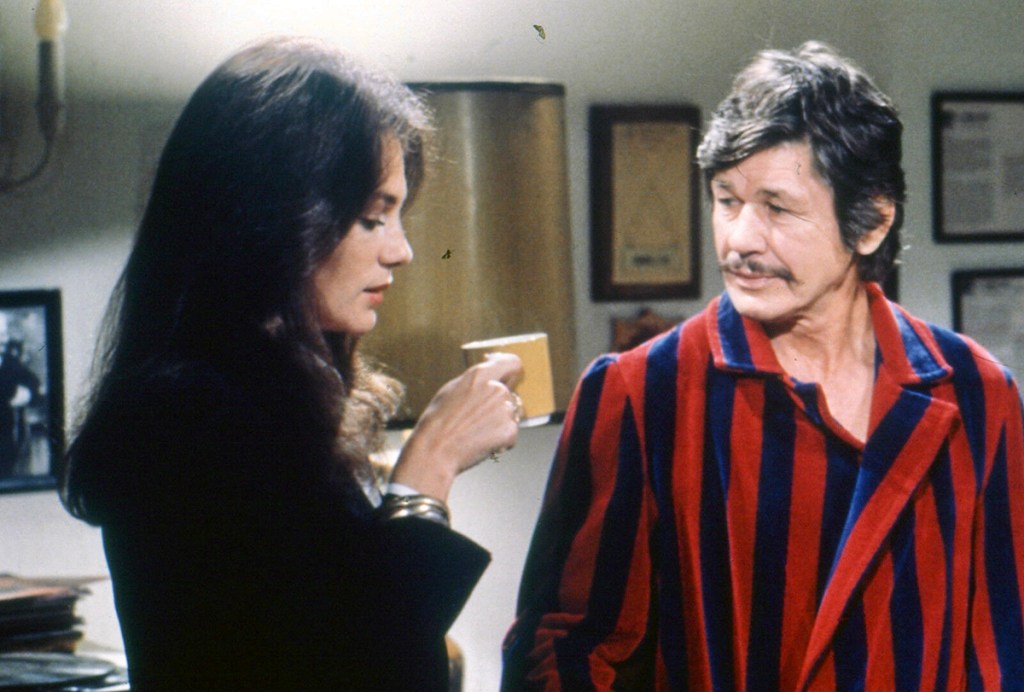
A few years later, I was told, “You have to understand, this has nothing to do with you. This is called looking after the product of the studio. They give you a chair so you don’t get tired, but also because they don’t want you to get your costume dirty.
They give you a car, so you get safely from your home to the studio, and they take you home at night because they want you to be there in the morning. It’s all about the production.” That’s certainly what I figured out it was for in the ’70s and i’m sure it’s probably the same now, but that’s part of the reason you’ll get this impression that you’re doing so well and that people think you’re important or whatever. It amuses me now.
I can tell very quickly now who are the people that are going to think they’re entitled to this, that and the other. You are entitled to nothing in life.
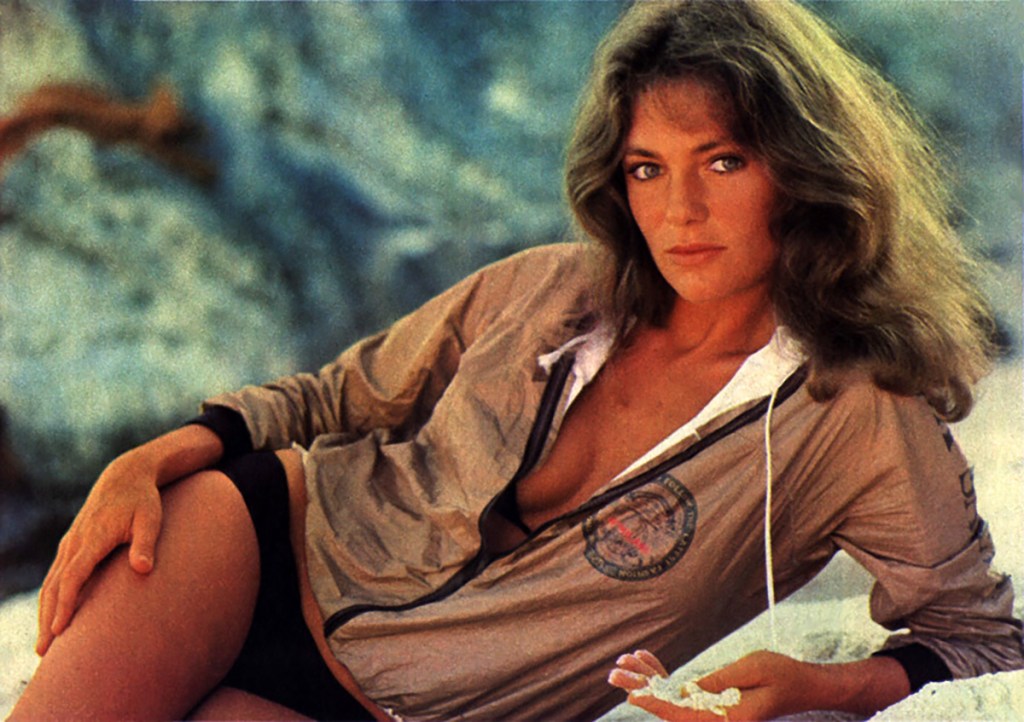
WW: But it does require discipline to not overindulge in that life.
JACQUELINE BISSET: I have an absolute thing about entitlement in the public and actors and all people who work and live on this Earth. I think entitlement is a big mistake. You have to work, you have to earn it and you have to be humble.
WW: Earlier you were talking about your mom. Many of us have had the experience of caring for our parents when they were not well, and you did that for your mom.
JACQUELINE BISSET: My mother got ill when I was 15 with disseminating sclerosis, which is like multiple sclerosis. And then she got dementia in her early 50s, so I actually looked after her for almost 40 years. She was my responsibility and that was a hell of a journey. That’s the most incredible thing that I’ve done in my life by far.
I learned so much and it increased my humanity and it increased by sense of humor. And when the dementia got really quite bad, I learned to control my impatience. I learned to be with her and where she was and I learned you cannot keep telling somebody they’ve already said that. That doesn’t work. You have to be entirely on their side and go with it and, again, it just taught me so much. She died at 85 and she got these two things at once when she was 47. She became a real invalid as well.
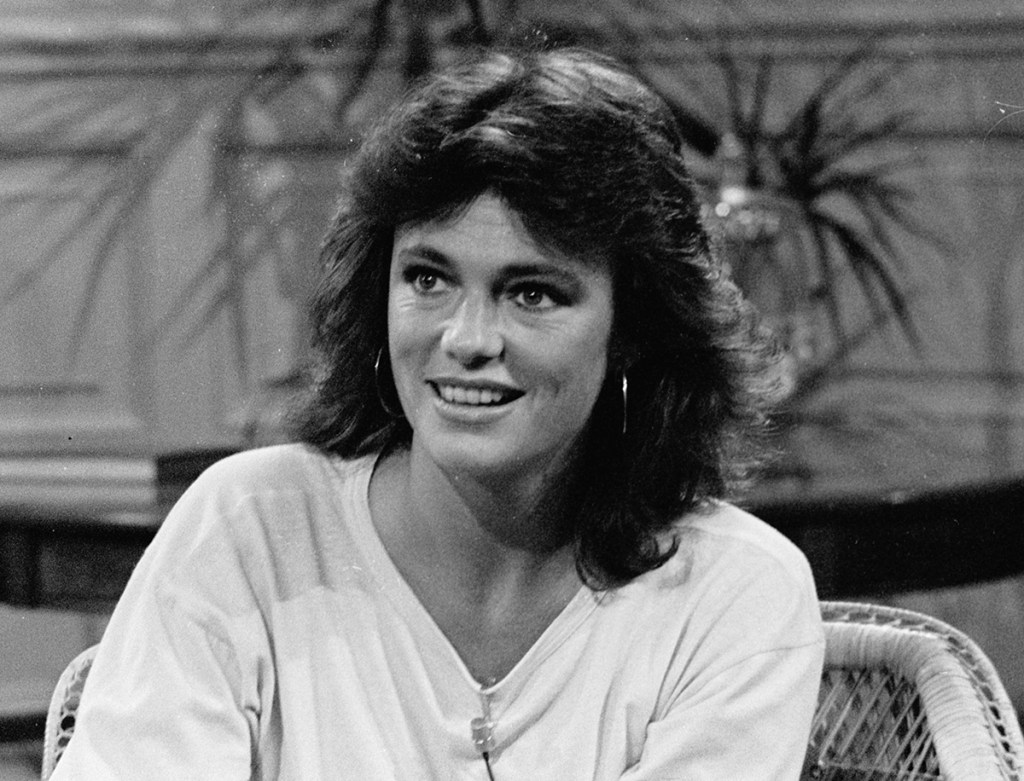
WW: Did she recognize you?
JACQUELINE BISSET: Well, I wasn’t sure that she liked me when she was in that stage, although she would say, “I’m quite fond of you.” I cleaned her up and so on and sometimes she would bite me and sometimes she’d kiss me, but also she didn’t know I was her daughter. I’d say, “Mommy, who am I?” “I don’t know.” I’d say, “I’m an actor” and she’d say, “I’m an actress.”
I said to her, “You’re an actress, too?” She said, “Yes, I travel all over the world making films.” And so it went on, but I learned to empathize fully. It was an exceptionally long time with my mother; my father had taken off. But it totally increased my humanity.
WW: You’ll probably recognize this quote: “We live our life in a mirror. Everything is reversed. When we see a scene, it is received in our brain and reversed. Reality exists in the place where these two lines cross, if we can find it.” And that is from the Rodney Collins’ book, The Mirror of Light.
JACQUELINE BISSET: The Mirror of Light changed my life. I had a very peculiar experience: I was in Paris and there’s a famous bookshop called the Shakespeare Company, which is in Paris on the Left Bank.
I was with a friend and we were browsing and he said, “That’s an interesting book. Why don’t you take a look at it?” I did and it was a small book that was emanating energy. There were masses of notes written inside it; somebody or people had obviously loved this book. S
o I bought it, took it home and started reading it and it was about the losing of the ego and finding the light. And I saw the light and didn’t know what was going on with me. It lasted about three months and I was changed by it. I don’t know whether to believe in it, but I know it happened to me.
WW: The idea of losing ego is one you have to really confront and grapple with as an actor.
JACQUELINE BISSET: In life, you’ve got to get your ego out of there, because so much is reactive. I’m not quite sure if I’ve managed it, but I feel I certainly am not as egotistical as I might be if I hadn’t read that book. I’m sure as I read it, I understood a lot of things, though I can’t remember what exactly.
Ego gets in people’s way so much, and this business is tied into expectation and thinking that you are owed something is a danger area, which you’ve got to be careful of. You have to serve the material. People say, “You should always speak up,” and I say, “No, you shouldn’t always speak up.
Sometimes you are speaking up about something that is a tiny thing that can upset the whole film. it’s not about you, it’s about the character. The director’s in charge of his group. Sometimes you have to say, ‘Yes, sir.'”
When I was doing Under the Volcano with John Huston, I remember feeling sometimes like I wasn’t getting a chance to do what I wanted. And I did make the mistake of asking if I could have a closeup. There was a second or two of silence and a nodding of the head, followed by, “Do you want to direct the picture, too?” I didn’t get my closeup, bu the was right. I didn’t need the closeup, but I thought I did. I really thought I did.
WW: Have there been moments of fear in your career that you’ve had to conquer?
JACQUELINE BISSET: You try to work with the positive and you try and eliminate the negatives in your fears and be brave. Sometimes you have to be brave. When I did The Deep, I had to be brave. I was scared to death to be underwater and I haven’t put my head underwater since, and that was in 1976. But I got through that film and I got braver and braver — by the end I was kind of macho.
We were three months underwater and two months on land and I was nervous basically all the way through. But the people were professional divers and they told me I was very plucky. I got into trouble underwater and thought I was going to die, but I got through it with a real scare. (Behind the Velvet Rope Podcast)
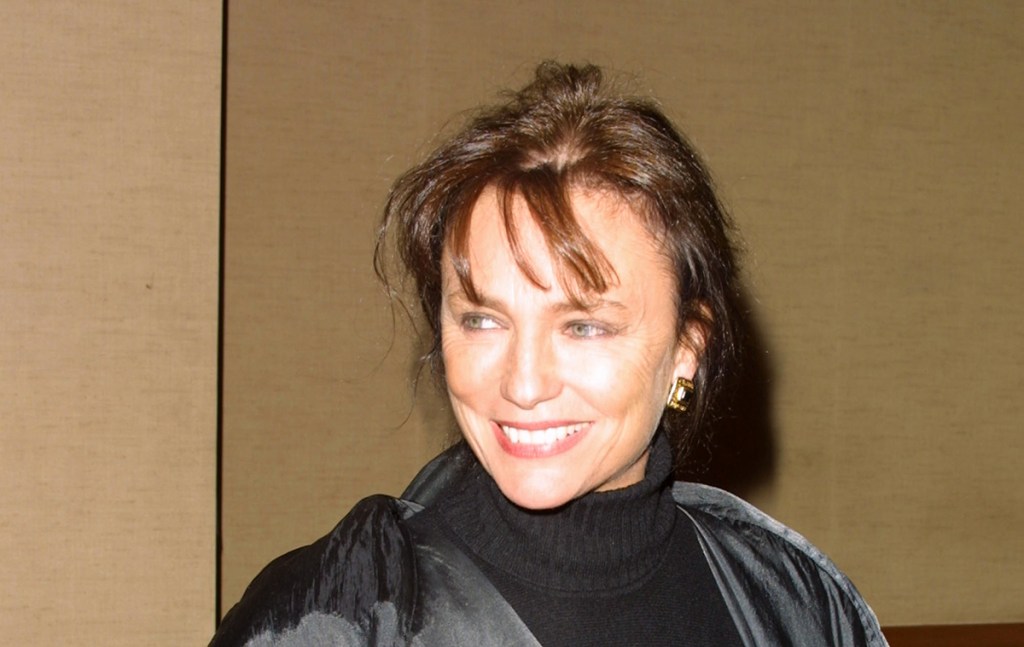
WW: What do you attribute to your longevity as an actress making films?
JACQUELINE BISSET: I’m extremely able to survive. If I put my head to it, I’m a survivor. Sometimes, though, this requires effort and a period of withdrawal. I can get very down for a while when I’m feeling low in energy and a bit sorry for myself. When this happens, when a fallow time sets in, I don’t fight it. Instead, I surrender to it and sort of retire within myself. A degree of silence, a degree of accepting who you are and where you’re at, helps you cure yourself. (The Modesto Bee)
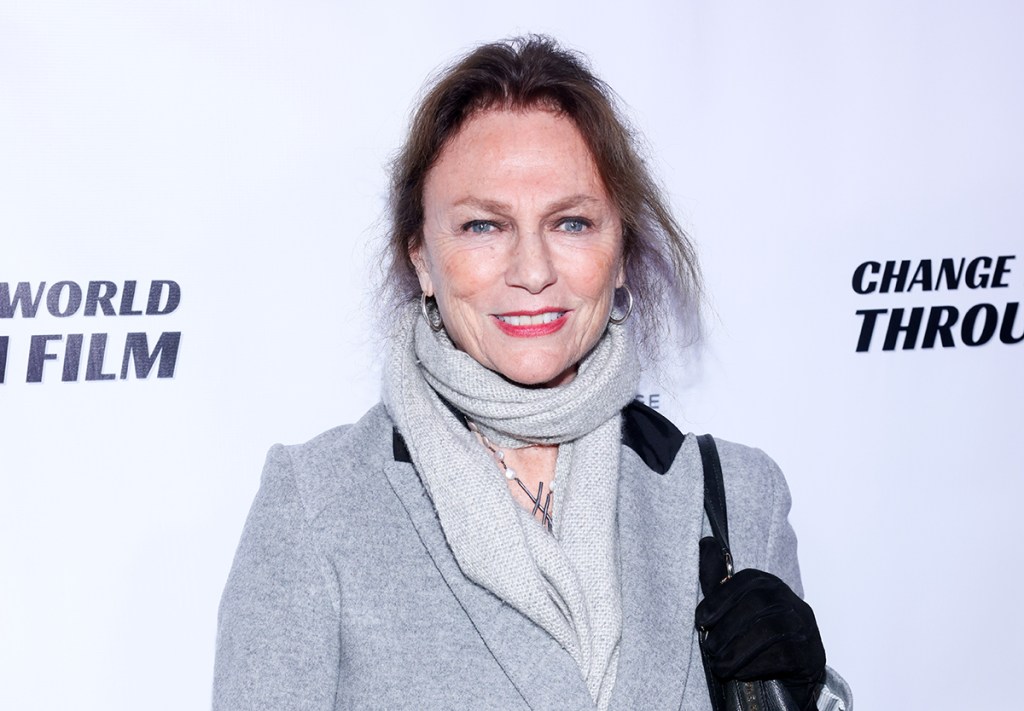
WW: How important is acting to you in your life?
JACQUELINE BISSET: Acting has never been all consuming for me. If I’m doing something I want to, I do it at 100 percent. But once it’s over, it’s over. As for my private life, it has always been private. I keep it separate from my career. I don’t really socialize with actors. I only see them from time to time. Don’t misunderstand me, I like them very much, but I do have my own life; one that’s very different and I think people have preconceptions of you that couldn’t be more wrong. (The Montgomery Advertiser)
Continue to explore our Celebrities coverage
Joan Crawford Movies: 17 of the Hollywood Golden Age Icon’s Most Memorable Roles
Eliza Dushku: From Cheerleader to Vampire Slayers to Mom of Two
A Look Back at the Trailblazing Life of Multitalented Entertain Chita Rivera


